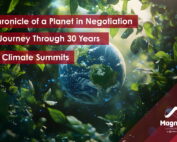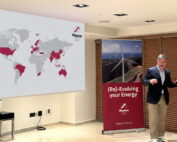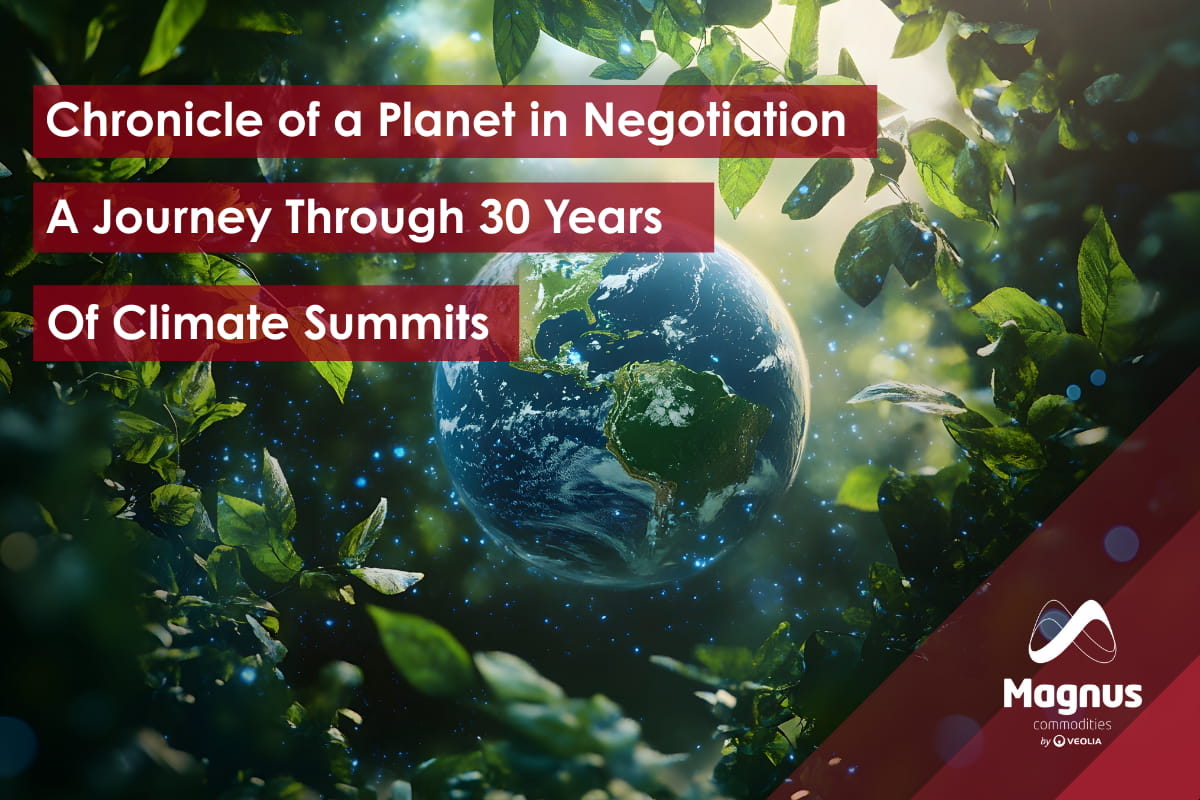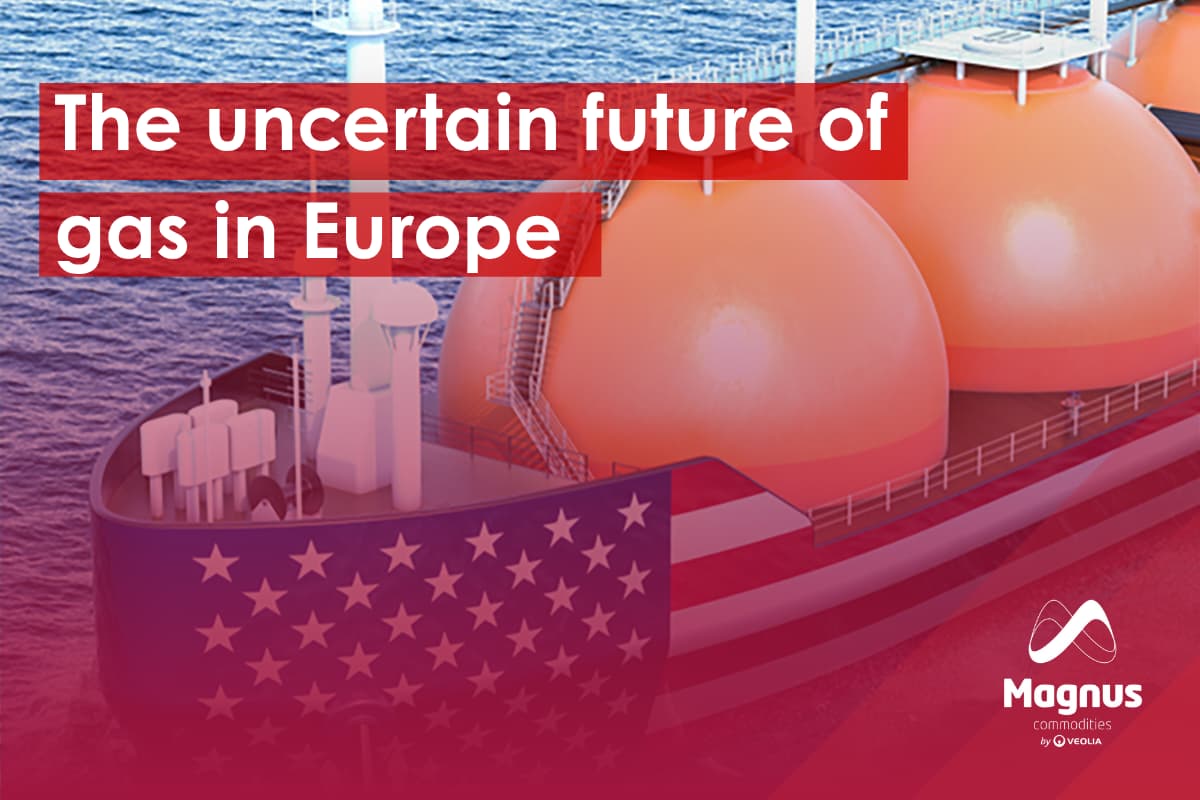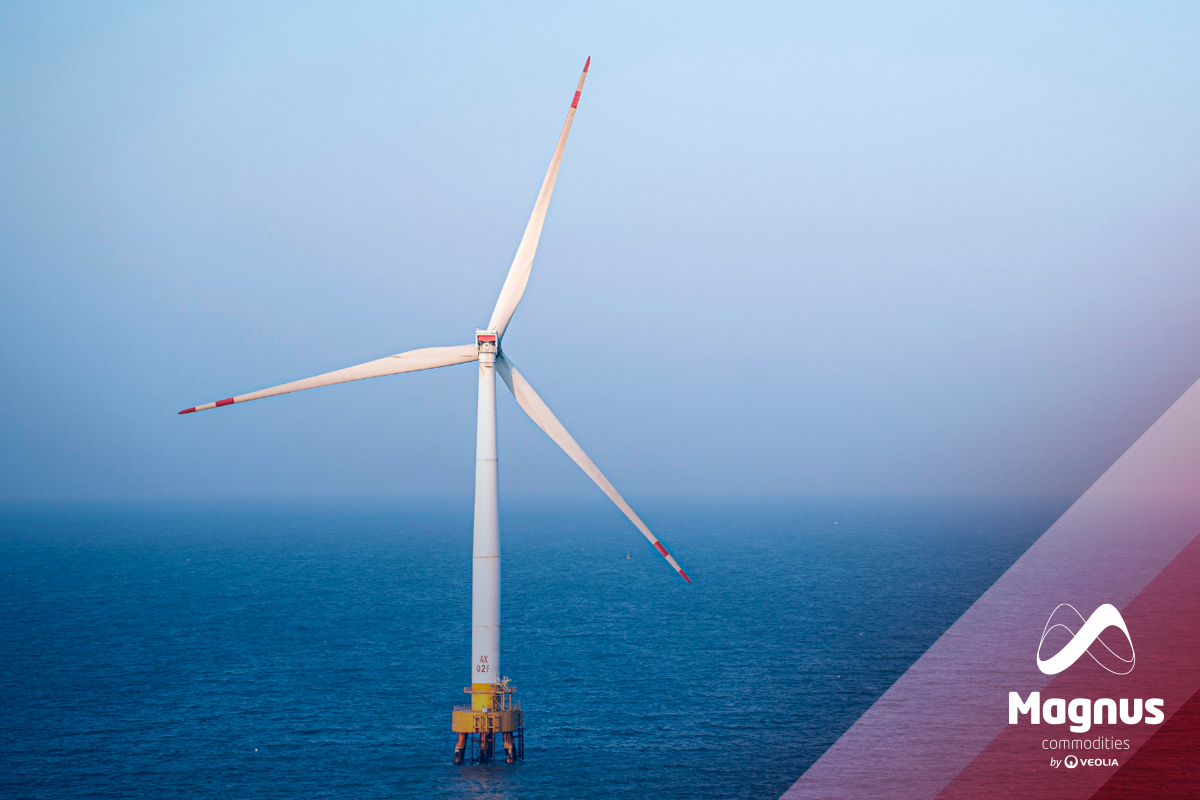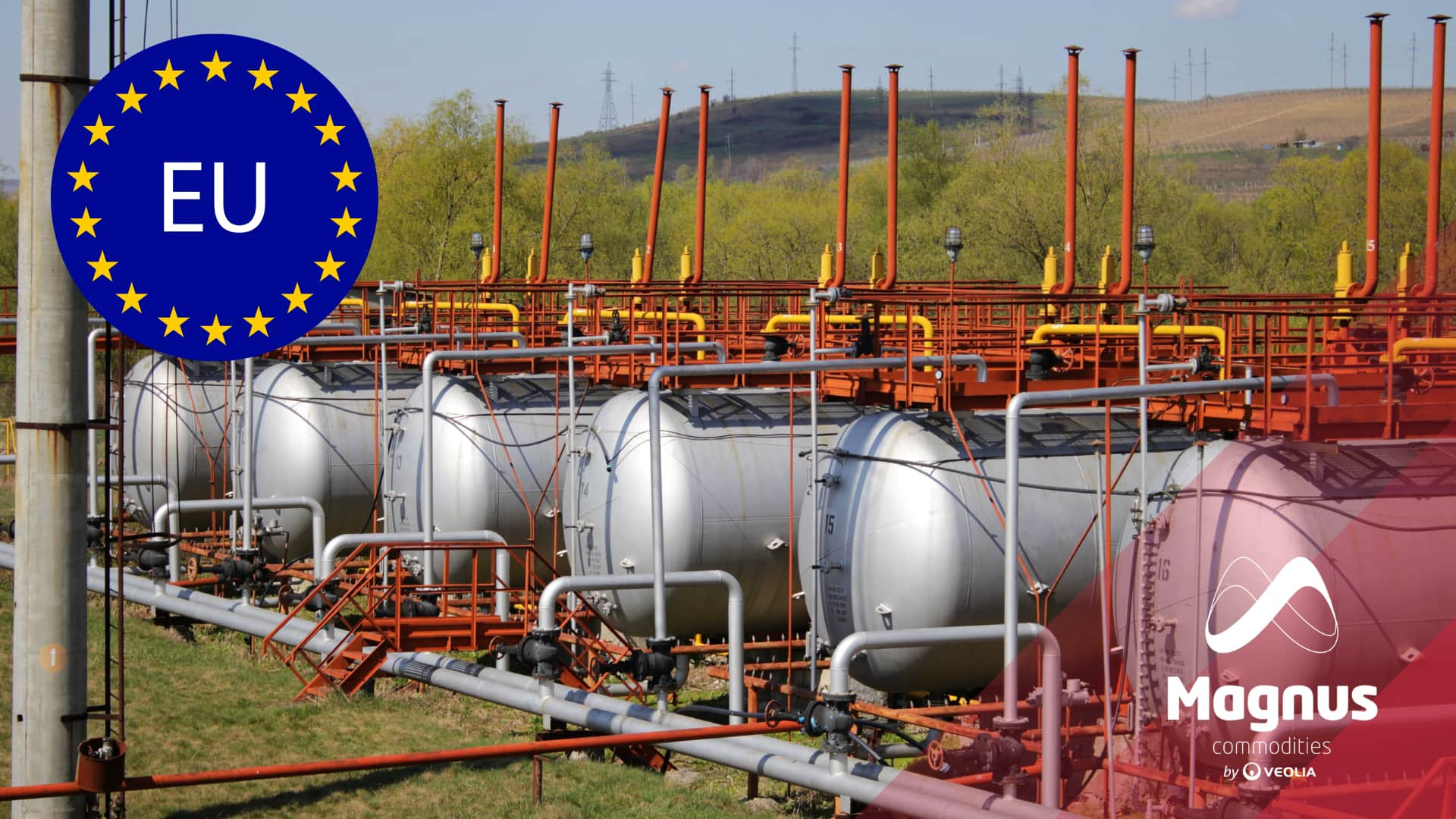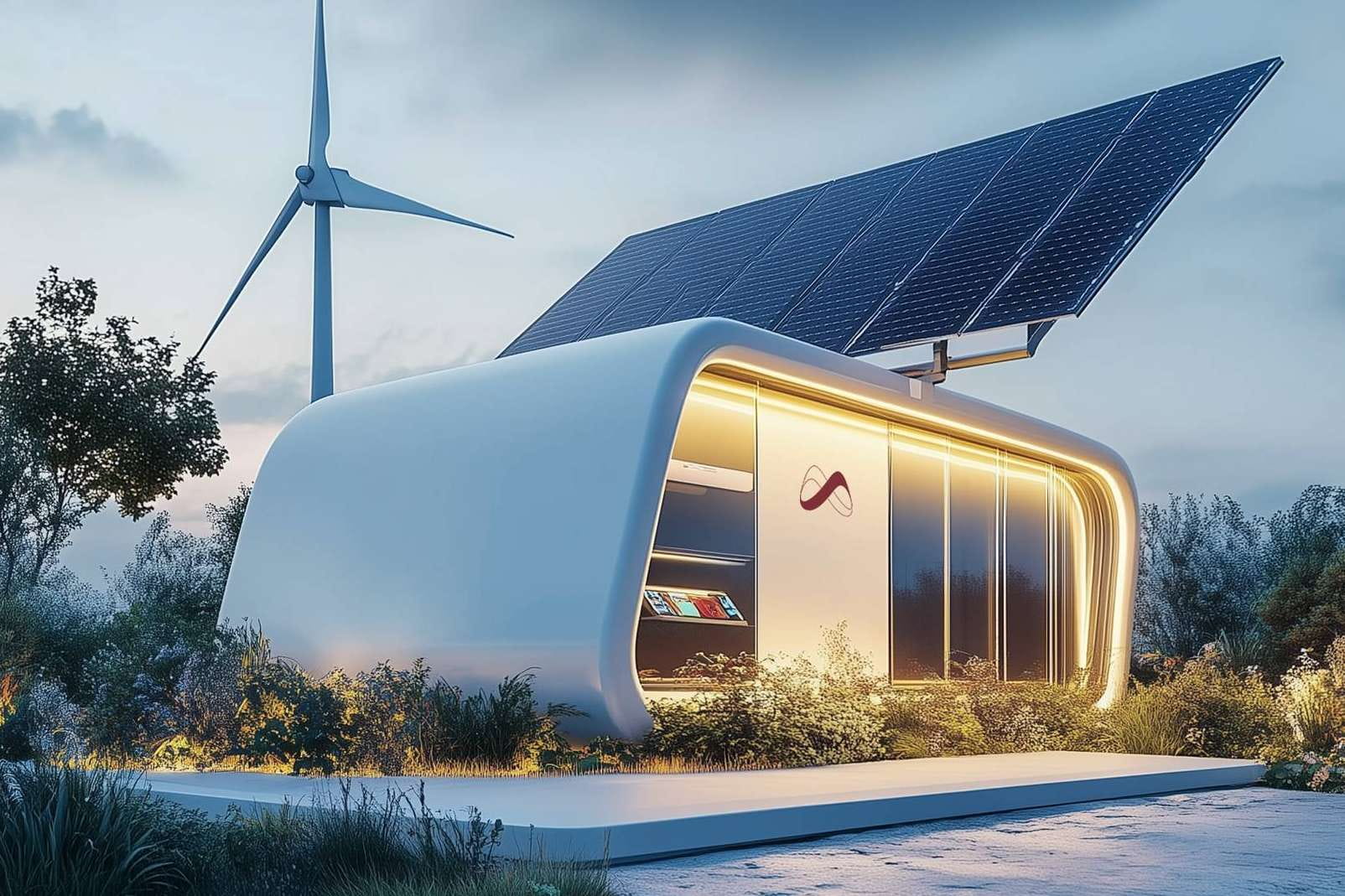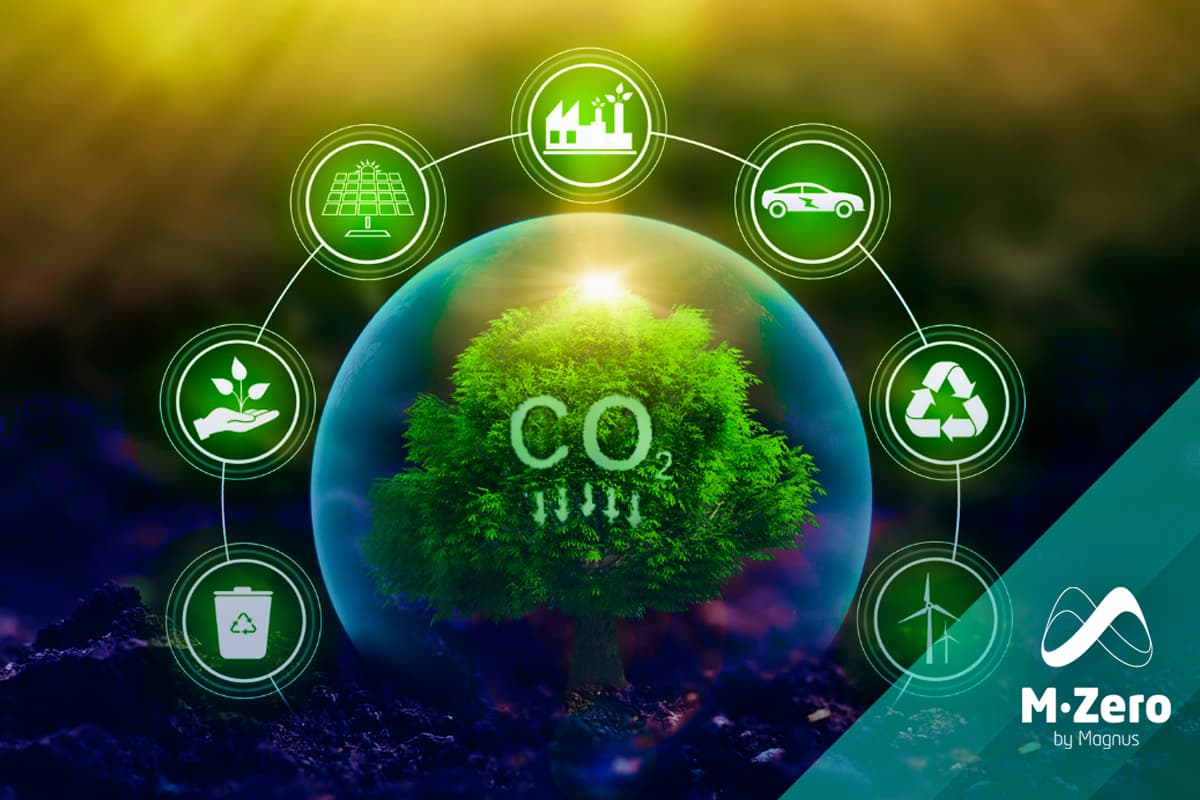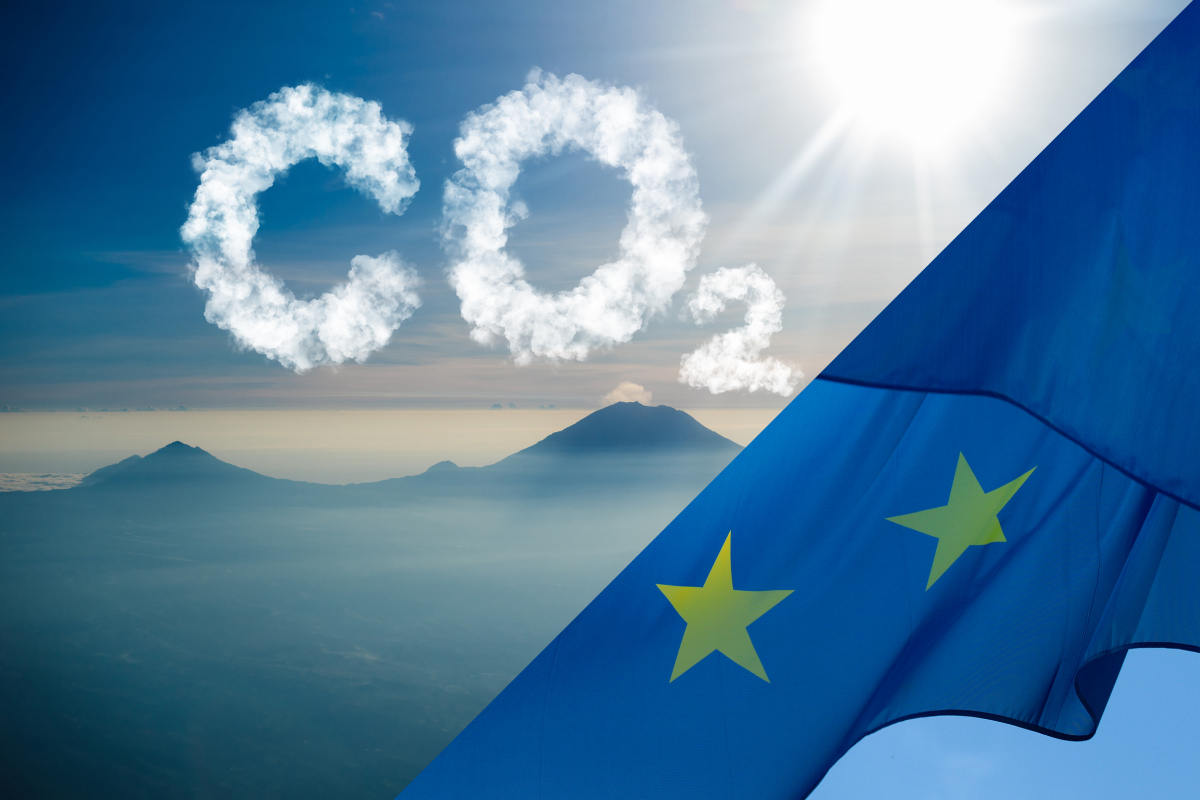
We are in the middle of the electoral period for the General Elections in Spain and, day after day, we are also receiving information about the promises of the different parties. In this article we will not debate the programs, but we will do a quick analysis of the proposals for the energy sector.
According to the results of the CIS surveys from March, the newspaper announced this distribution of seats:

Source: web www.elperiodico.com
After the first article where we analyse the proposals of the leftist parties (PSOE and PODEMOS), it is time to review the proposals of the rightist parties (PP, CIUDADANOS and VOX). For this, we went to the source and we navigated through the electoral program of each party.
PP: (link electoral program) In the first point of the section “A SUSTAINABLE SPAIN WITH A FUTURE”, PP shows us its package of 14 measures of “Energy and climate change”, where is the bulk of its proposals about this matter. However, in a previous section, they give us an idea of how their proposals will be with the following sentence: “It is necessary that companies have cheap, sustainable and safe energy and advance in the production of renewable energies and focusing on decarbonisation, an area that Spain is expected to be at the forefront”.
Less transgressive measures in a general way than the proposals of the leftist parties and that rely on a more progressive change: “we defend an energy mix that allows us to meet the objectives of supply security, climate change and energy prices. This requires taking full advantage of renewable options that are already competitive but without giving up of other technologies that are still useful to our country.”
They suggest the following plans:
- State Pact to establish a stable energy mix for the next 40 years that gives certainty to the sector and to the consumer.
- National Energy and Climate Plan 2021-2030 that sets the policies and measures that must be applied to achieve the objectives agreed in the European Union.
- Energy and Climate Talent Plan encouraging the investment on R & D & I in transition to a green economy and to adapt to climate change by promoting the competitiveness of the Spanish economy, quality of employment and the return and rooting of talent.
More focused on the market and the costs reduction, they propose measures such as enhancing aid to the industry to offset the effects of European environmental policies, eliminate taxes on electricity generation or use the income that comes from the increase in emission rights of CO2 to modulate the taxation of energy and reduce the energy bill of the industry.
The PP’s program also dedicates a large part of its energy measures to mobility where they have direct measures such as “we will reject prohibitions on combustion vehicles”, to leave the transition to the use of clean energy in the hands of “technological evolution” and “the decisions made by consumers “.
In summary, the proposals of the PP would mean a return to their policies of years ago (great concern about the cost of the energy invoice) and back off from the measures imposed by the current government, more focused on environmental factors.
There is a lack of mention of their position about generation through technologies such as nuclear or fossil fuels.
From Magnus we agree with the idea of not wanting to make the energy transition in a rushed way which could seriously affect competitiveness, but we would not like to see how necessary measures in favor of the environment are left aside or imposed again those that hindered the introduction of renewables, delaying the transition in our country compared to the rest of Europe.
CUIDADANOS: (link electoral program) Most of the orange party’s proposals are included in the section “Caring our country for our children and grandchildren”, which, as already sensed by the title, are more focused on environmental protection and are significantly different from the more conservative measures of the PP.
They propose the following plan:
- Law on Climate Change and Energy Transition that guarantees legal security and non-dependence on fossil fuels.
Ciudadanos quickly addresses the issue of renewable energy and proposes to promote a transformation towards an energy model based on renewable energies in 2050. They also propose to develop an auction model for the introduction of renewable energies based on criteria of technological effectiveness and economic efficiency and its programming with a stable calendar. They try to distance from errors of previous governments with the following sentence: “We will guarantee a stable and secure legal framework with an adequate and reasonable return for investors in renewable technologies that suffered the arbitrary cuts of the governments of the PSOE and the PP”.
In terms of energy costs, they are the only party that go out on a limb and propose to reform the electricity tariff system with specific measures:
- We will approve an Electrointensive Consumer Statute that recognizes the specific difficulties of this type of industry and introduces mechanisms that favor its competitiveness in the international market.
- We will promote bilateral electric power supply contracts (known as PPAs) for the electrointensive industries.
- We will increase the mechanisms of compensation of greenhouse gas emissions costs, conditioning this aid to the implementation of energy efficiency measures and innovation by our industry.
In terms of mobility, they want to boost the battery industry and zero emissions vehicles by increasing the R & D & i budget and promoting the installation of electric vehicle charging infrastructures.
The party of Albert Rivera treats his measures in the energy sector with enough success in some of his proposals but in a very brief way and with little clarity in others.
It is appreciated to see concrete measures for the reform of the electricity tariff system and the mentioning of a hot topic that is a reality in our current energy scenario: the PPAs, but other issues are missed such as the mention of self-consumption or the closure of the nuclear power plants (in nuclear matters they only propose to reform the method of election of the Nuclear Safety Council to guarantee its independence and credibility). The party has also been criticized for being the only one that has not yet drafted its proposal for the “Climate Change and Energy Transition Law”.
In summary, we see interesting ideas, but there is a lack of work (especially in some points) assuming that there is a real intension to bring these proposals to reality in the future.
VOX: (link electoral program) If in some of the programs of the main parties there is a lackof clarity in the measures, with Vox this is pushed to the limit. Only 4 measures in its program of 100 points refer to the energy sector:
- Develop an Energy Plan with the objective of achieving energy self-sufficiency in Spain based on cheap, sustainable, efficient and clean energy.
- Fewer taxes and regulated costs in the electricity invoice which are the culprits that we pay one of the most expensive receipts in Europe.
- Reduce direct taxes on agricultural diesel.
- Establish bonuses proportional to the number of family members in all types of basic supplies such as electricity or gas or access to cultural assets.
It is worrisome that one of the most relevant issues in our national panorama is treated so fleetingly and without even mentioning issues such as the reduction of greenhouse gas emissions, without proposing specific plans for renewable energies, or fossil fuel generation, or nuclear, among others.
Disparity of ways of focusing our future on energy issues in the rightist parties but in general, with more concern for not increasing the energy invoice than the leftist parties. Important changes are coming in our sector and those who rule should be prepared to face changes quickly and courageously if we do not want to stay behind (again) in the transition towards a balanced and sustainable energy model.
If you found it interesting, please share it!
Recent Articles

